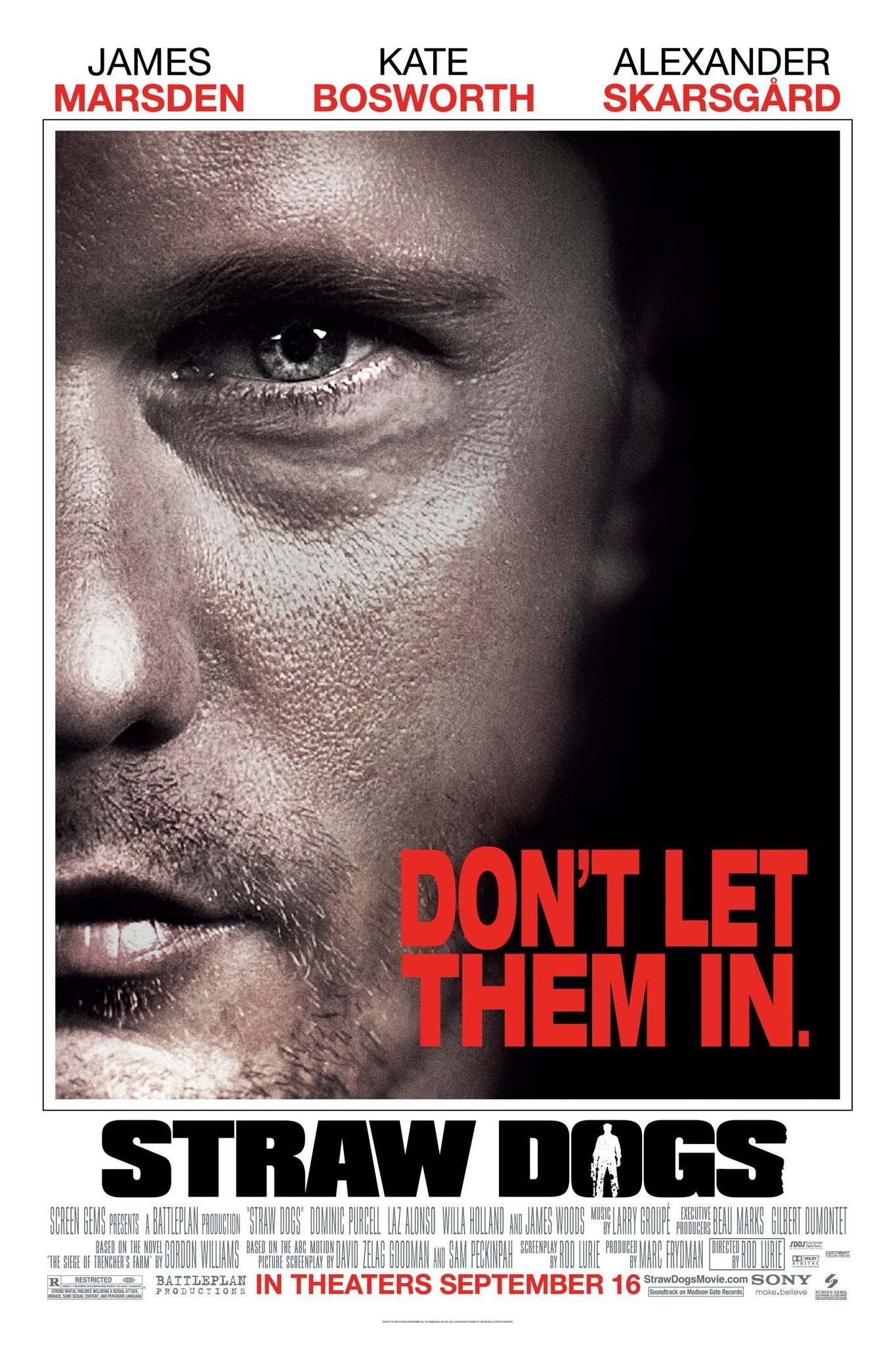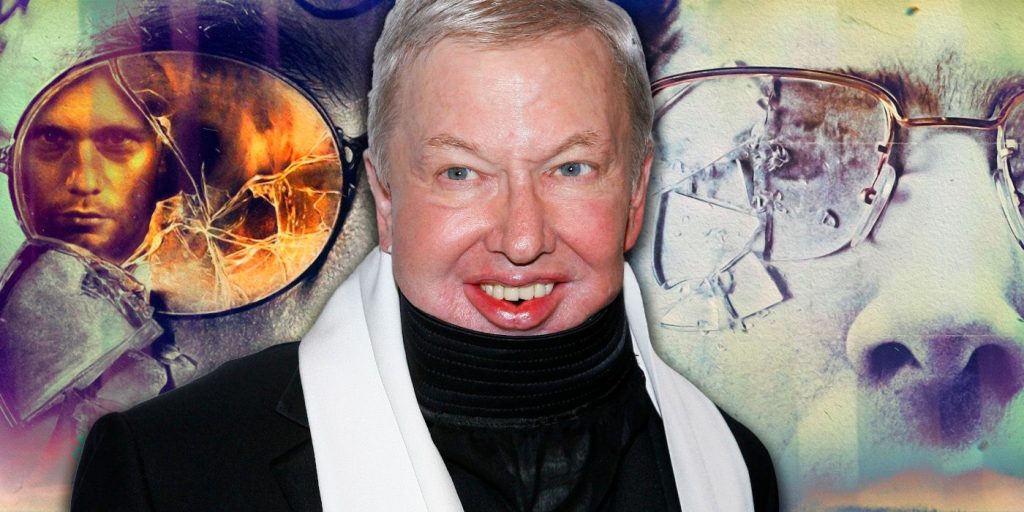
This article contains mentions of rape and graphic violence.
Depending on who is asked, the Hollywood movie landscape is either in the best state of all time or in a pure state of disarray. For every studio executive celebrating the record-shattering success of the live-action Lilo & Stitch, there’s a writer or a director mourning the lack of original IP. As unfortunate as it is for some, reboots, remakes, and sequels are the name of the game. This unstoppable cinematic trend has undeniably led to some incredible releases, like Blade Runner 2049, Avatar: The Way of Water, and Mad Max: Fury Road, but it has also been the root cause of countless maligned movie misfires.
One of the most woefully misguided remakes ever came in 2011, when Straw Dogs, a formerly controversial crime thriller masterpiece, was lifelessly remade 40 years after its release. The reaction was as to be expected. The remake was critically panned, while the original continued to rise in stock value, but one notable critic with contrarian tendencies offered the exact opposite opinion, and his reasons are still shocking to this day.
What Makes Straw Dogs (1971) So Special?
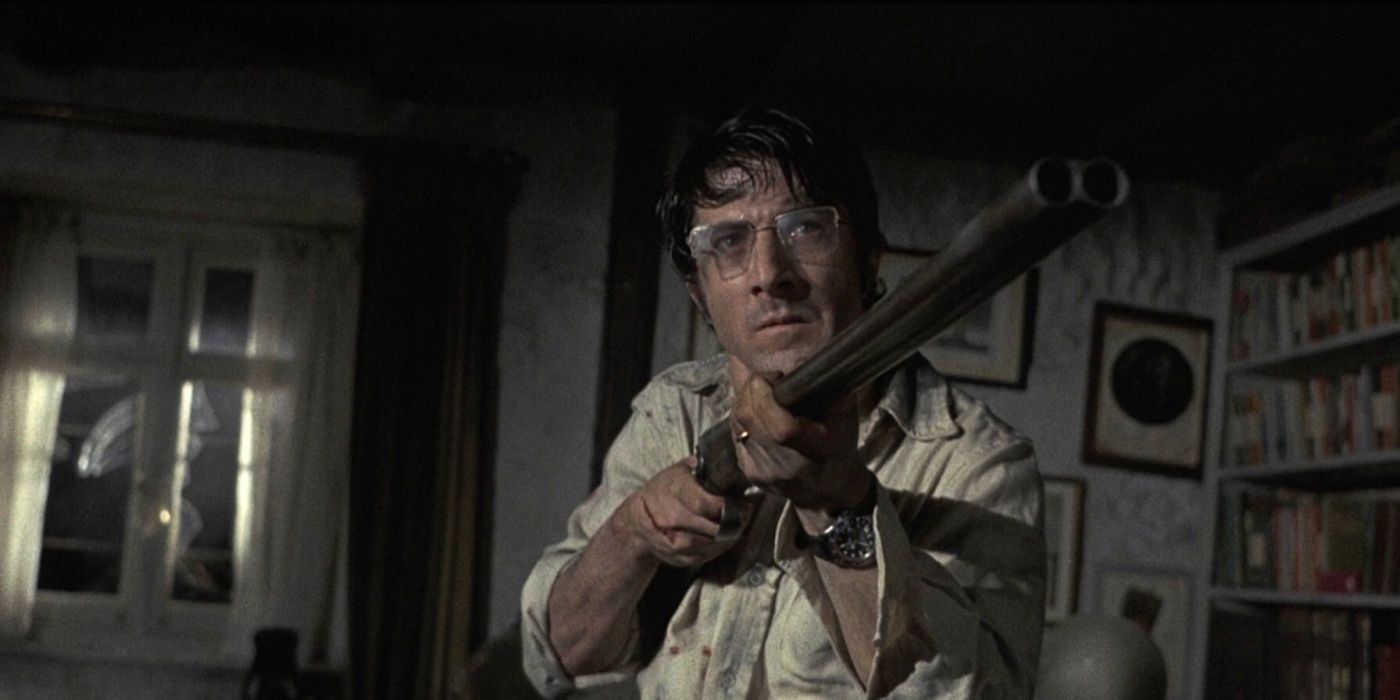
For a remake to be dubbed “misguided” prior to the film’s release, the original has to be a true, unparalleled masterpiece, and that is undoubtedly the case here. Straw Dogs is an action-crime-thriller from the bloodthirsty mind of Sam Peckinpah. Fresh off of the wild success of both The Wild Bunch and The Ballad of Cable Hogue, Peckinpah decided to stray from his revisionist Western tendencies in favor of a more gritty and grounded approach. The result of this shift is utterly ruthless. Straw Dogs sees Peckinpah’s proclivity for violence combined with the mild-mannered approach of the Academy Award-winning Dustin Hoffman, and the unlikely duo proved to be the perfect foils for each other.
The title of Peckinpah’s adaptation refers to a Tao Te Ching passage which compares people to ceremonial straw dogs. Valued briefly and then discarded.
Straw Dogs is based on the 1969 Gordon Williams novel, The Siege of Trencher’s Farm, but it offers an entirely different experience (as is evidenced by Williams’ public denouncement of the film adaptation). The plot of Peckinpah’s Straw Dogs primarily follows David Sumner (Dustin Hoffman), a mild-mannered and reserved mathematician who moves to the rural town of Cornwall, England with his new wife, Amy (Susan George). While David is hoping for a peaceful retreat to focus on his work, he finds himself in a bitter feud with the rural town’s locals. Despite not humoring their advances, the locals choose to view David as a weak outsider and continue to taunt him.
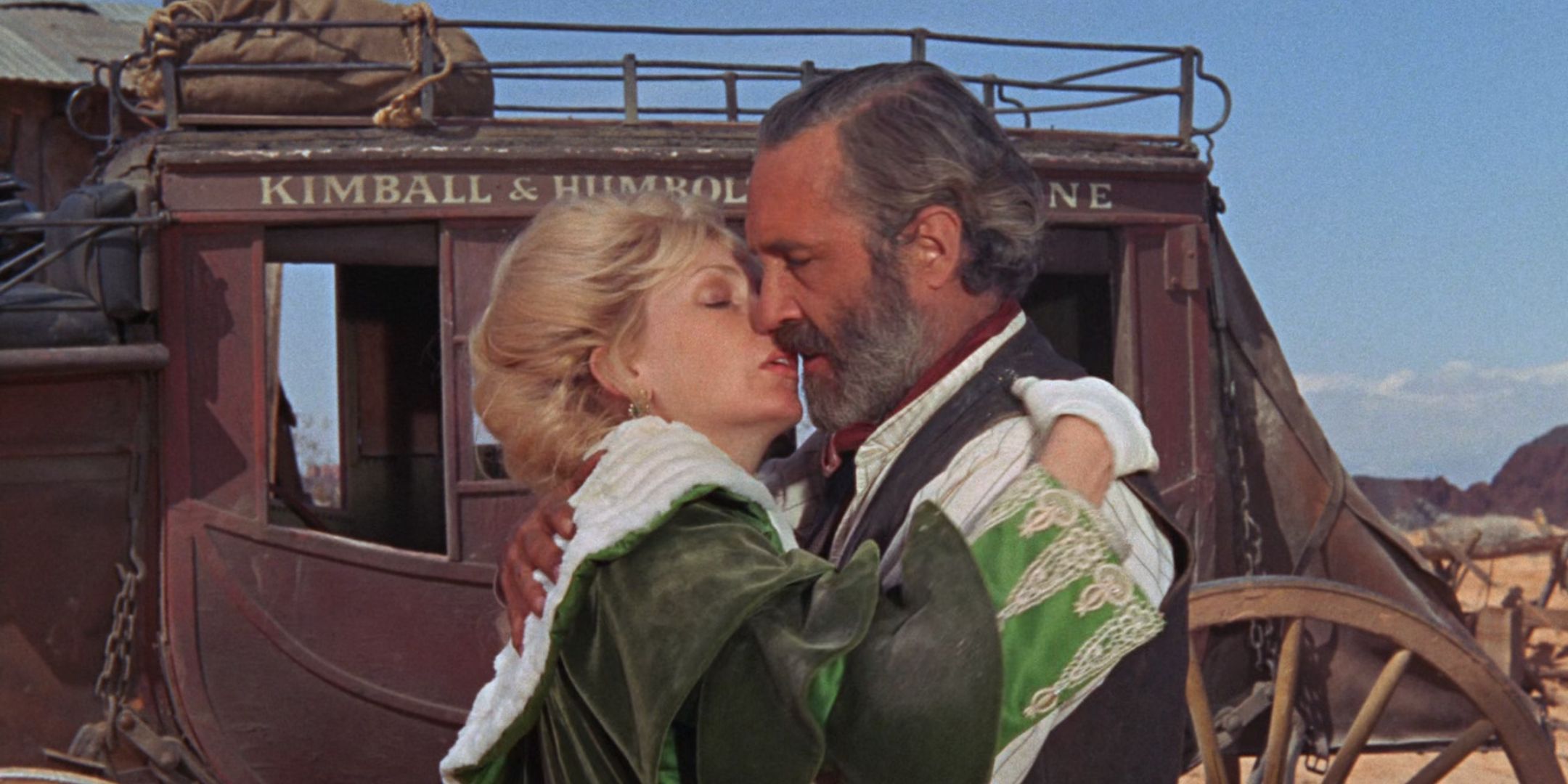
Related
After infamous Western The Wild Bunch, legendary director Sam Peckinpah took a big swing with a weird Western comedy that he called his best film.
Soon after, David, desperate to repair the house’s garage, hires this group of locals. Among the group is Charlie, Amy’s ruthless ex-boyfriend. Led by Charlie’s jealousy, the group proceeds to mess around and taunt David instead of working on the house, and their presence grows increasingly tedious. This unwelcome company culminates in a brutal and disturbing scene where Charlie and another man rape Amy.
This moment, combined with David’s decision to protect a mentally challenged local man who is suspected of a crime, all leads to the film’s brutal climax. The townsmen decide to storm David’s home to capture the man and pull no punches in the process. David, finally pushed to his limits, matches their energy and viciously defends his home. The result of this is perhaps the most unflinchingly violent finale ever put to film, featuring guns, blunt weapons, and Home Alone-style booby traps.
The slow build-up of Dustin Hoffman’s David is one of the best instances of character development in film history. Even those who aren’t enamored with the preceding 100 minutes usually can’t help but smile at David’s newfound confidence and ruthlessness. Despite this brief moment of happiness, Straw Dogs features a pessimistic worldview that is unparalleled in modern cinema, and in the process manages to elicit emotion from even the most stoic viewers. While many viewers are entirely desensitized to movie violence, Straw Dogs manages to make the comfortable uncomfortable, and it has to be seen to be believed.
Straw Dogs Was Highly Controversial Upon Release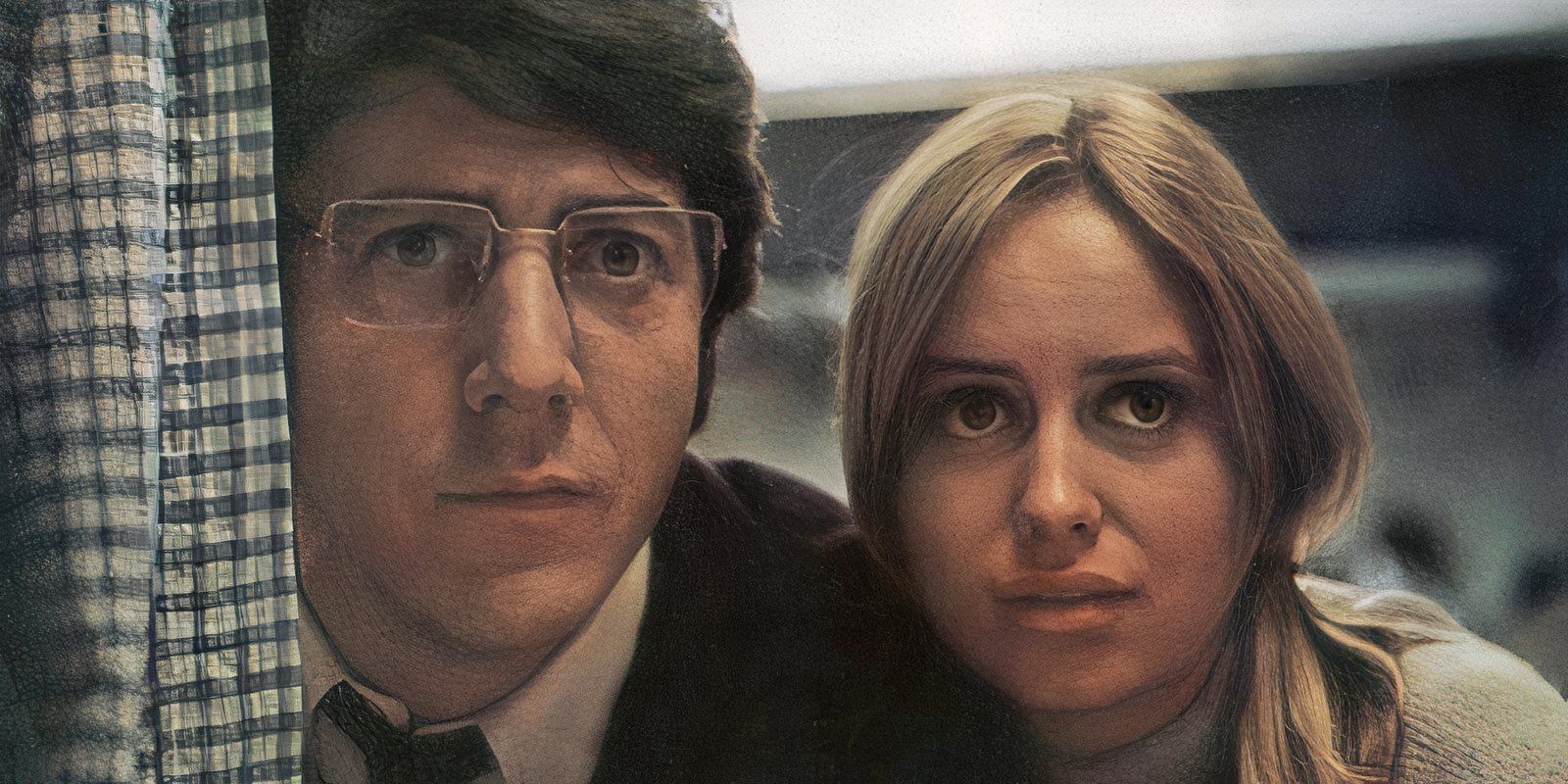
It shouldn’t be a surprise, given the chaotic subject matter and horrifying inciting incident, but 1971’s Straw Dogs did not get off the ground without a hitch. The film was controversial for a number of reasons, but the primary one was the aforementioned rape scene (which actually happens twice during the film’s run time). The easy option for studios and distributors, given the film’s controversial content, was to censor the rape scenes. Many studios did just that. In the United States, the film’s first scene containing this crime was heavily edited in order to earn an R rating from the MPAA. In the United Kingdom, however, the film was immediately a touch more controversial. The British Board of Film Classification banned the scene outright, while the uncut film as a whole received an X rating.
Gordon Williams was so against this adaptation that he vowed to never sell the rights to one of his novels to an American ever again.
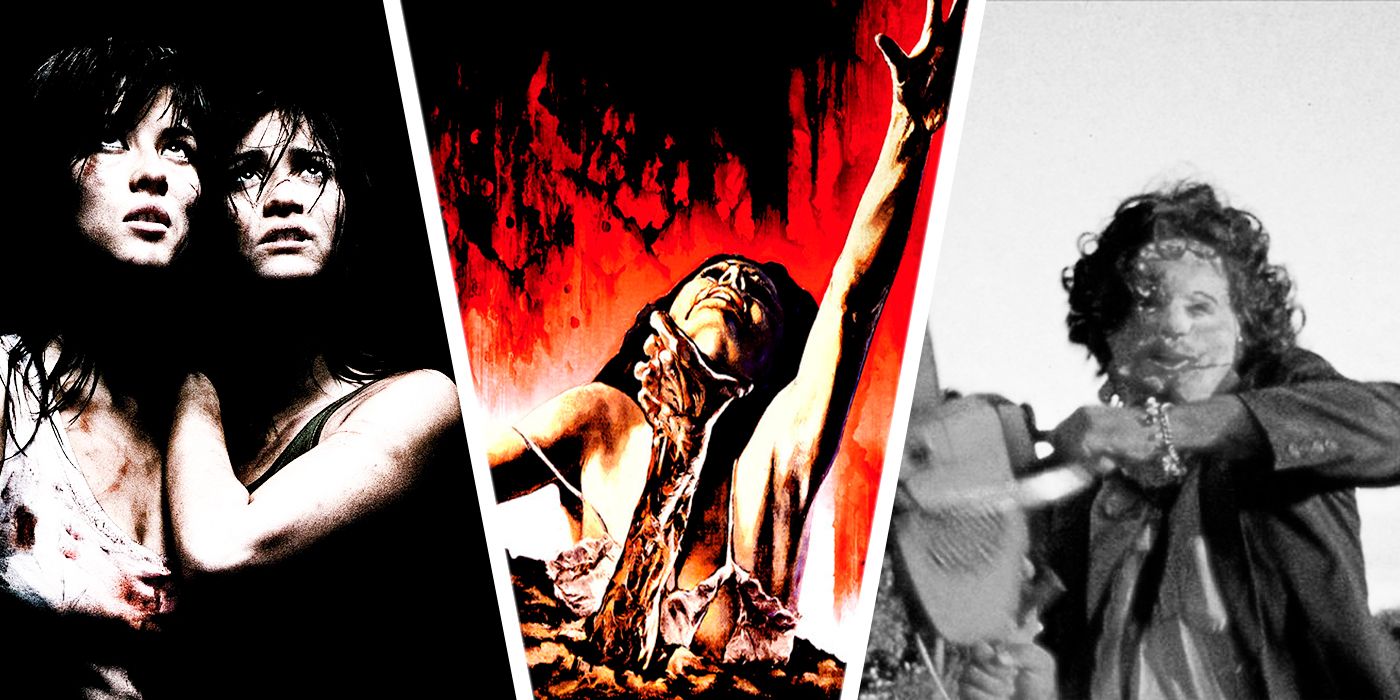
Related
25 Horror Movies So Controversial They Got Banned
Horror films are categorized as such for good reason, but sometimes they take the horrific so far, they wind up banned from cinemas.
Unfortunately for Peckinpah and company, this controversy affected more than just the ratings boards. While the film was universally beloved by the average critic and moviegoer, a small subset of passionate dissenters rose up with a mighty fury and continue to speak up against the film to this very day. These dissenters generally believe that the film isn’t just controversial for the inclusion of a rape scene, but for the actual character reactions during the scene itself.
During the initial scene featuring Charlie, Amy, and Scutt, the other local man, Amy appears to eventually stop resisting the horrifying event, even going as far as to kiss and hold her attacker. This directorial and acting decision was despised by some critics and audience members, as they staunchly believe that this glamorizes and eroticizes sexual assault. The common argument against this complaint is that Amy does eventually display trauma from the event, meaning that her response in the moment was just for survival.
Straw Dogs (2011) Is Worse By All Metrics, But Roger Ebert Loved It
40 years after the release of Sam Peckinpah’s masterpiece, a lackluster remake hit the cinemas, but this time without a controversial firestorm. 2011’s Straw Dogs, directed by Rod Lurie (The Outpost, The Last Castle), is a slightly more formulaic and much more modernized version of both the film it takes its name from and the original Gordon Williams novel. The film follows a very similar plot, but with a few key differences.
In this version of the film, David and Amy relocate to Mississippi, where David, now a screenwriter, plans on settling down to finish a project. Aside from this, the versions of Straw Dogs follow nearly identical plot lines, so much so that Peckinpah and co-writer David Zelag Goodman are often credited for the film. Despite the incredible list of similarities, there is something missing from Lurie’s take on the story.
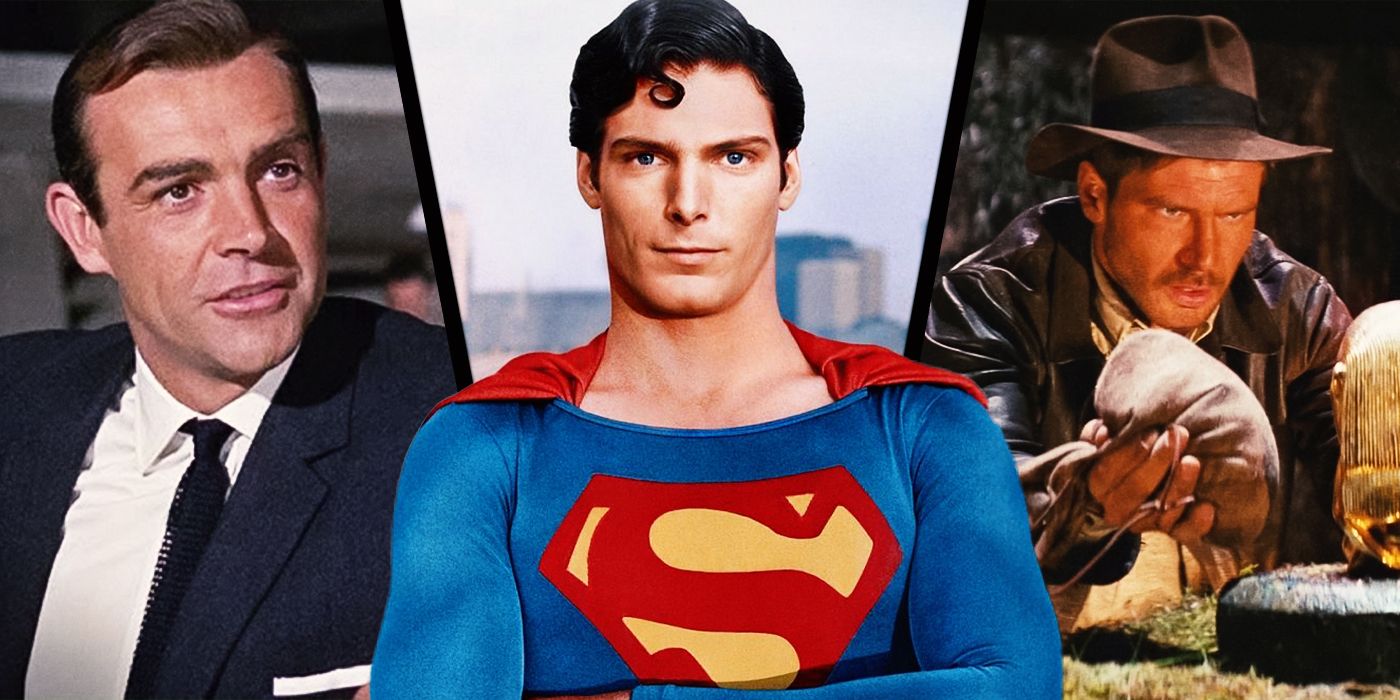
Related
10 Best Action Movies of All Time, According to Roger Ebert
Roger Ebert’s favorite action movies were often more sophisticated than just pure spectacle, taking audiences on an emotional roller coaster.
The story of Straw Dogs is entirely reliant on the nihilistic worldview that Peckinpah brought with his wholly unique directorial vision. While a successful adaptation of The Siege of Trencher’s Farm (a more humanist and less violent story) could be made without this worldview, a remake of Peckinpah’s film simply cannot. This was the takeaway that most critics and fans of the original film had, but as previously mentioned, Roger Ebert did not see things the same way. Roger Ebert, for all his quirks, typically had reputable opinions. One of his more controversial takes from his early critical days was his opinion on Peckinpah’s Straw Dogs. Ebert was all in on the idea that David’s development and lack of remorse promoted violence, vengeance, and revenge, and detailed that this held down the film to an unbelievable degree in his review.
“The most offensive thing about the movie is its hypocrisy; it is totally committed to the pornography of violence, but lays on the moral outrage with a shovel. The perfect criticism of “Straw Dogs” already has been made. It is “The Wild Bunch.””
Ebert dropped a middling 2/4-star review on Peckinpah’s ruthless masterpiece, but the true shock wouldn’t come until 40 years later. The Marsden-led Straw Dogs was released to an overwhelmingly negative critical reception, including a 42% rating from critics on Rotten Tomatoes and a 34% rating from fans. Roger Ebert didn’t let the general consensus hold him back from having a good time, though, as he quickly gave the 2011 remake a 3/4-star rating, saying:
“After the first movie, I must have been disturbed by what kinds of acts the hero found himself capable of. After this one, perhaps I was relieved? Fantasy is one of the things we seek in the movies. Whatever. Rod Lurie has made a first-rate film of psychological warfare, and yes, I thought it was better than Peckinpah’s.”
He does admit in the review that 40 years of gratuitous violence on the silver screen may have contributed to desensitizing him, but still contends that this version is better. While Ebert is in the minority among film critics, cinephiles, and scholars, his take on the film does make some sense. His issue with Peckinpah’s rendition of the story was the hypocrisy, which means he would logically prefer a film that tones the violence and controversy down. That said, it’s a shame the original hasn’t been looked at as fondly because of this.
-
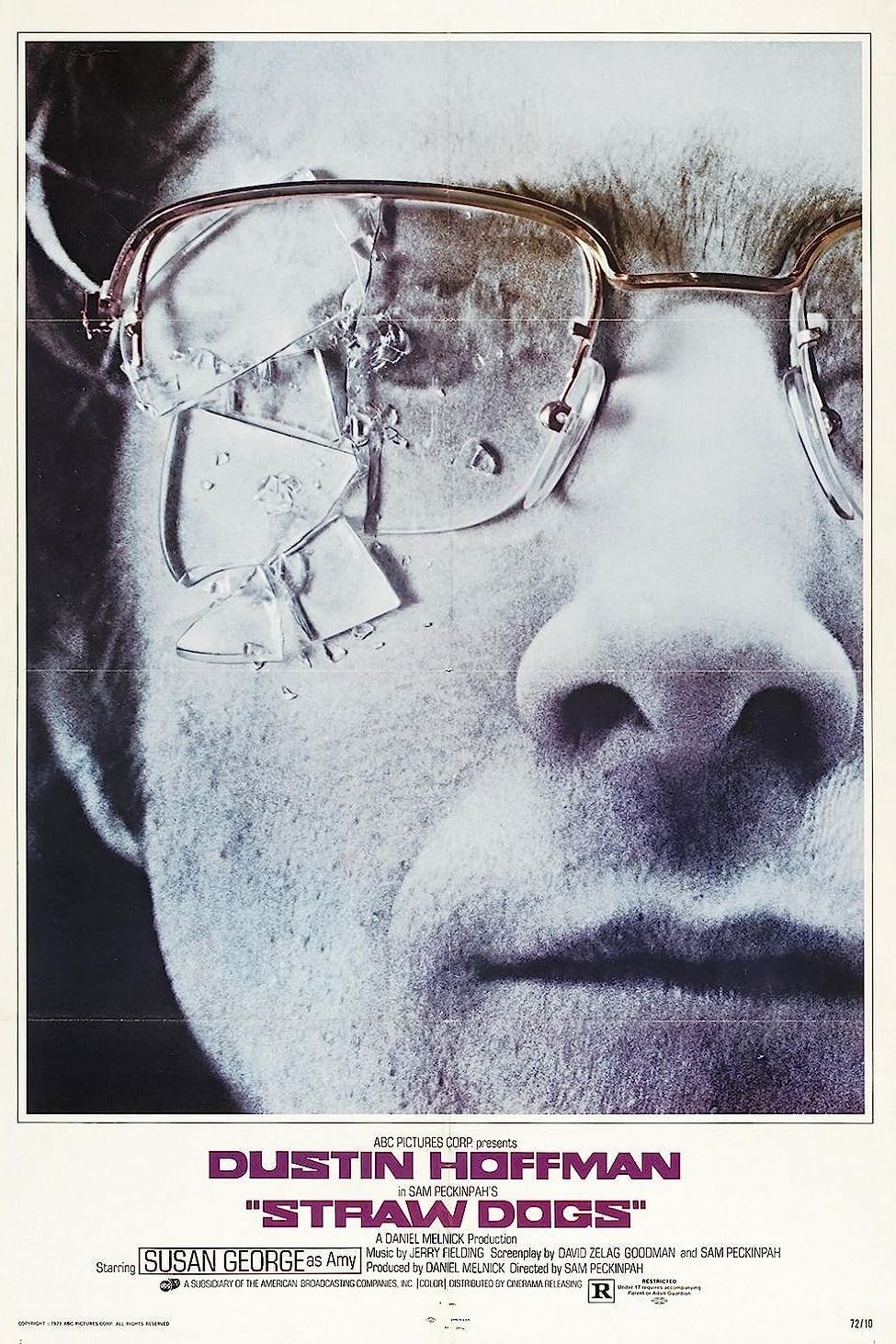
- Release Date
-
December 22, 1971
- Runtime
-
116 Minutes
- Director
-
Sam Peckinpah
- Writers
-
Sam Peckinpah, Gordon Williams, David Zelag Goodman
-

Dustin Hoffman
David Sumner
-

-

-

T. P. McKenna
Maj. John Scott
-
